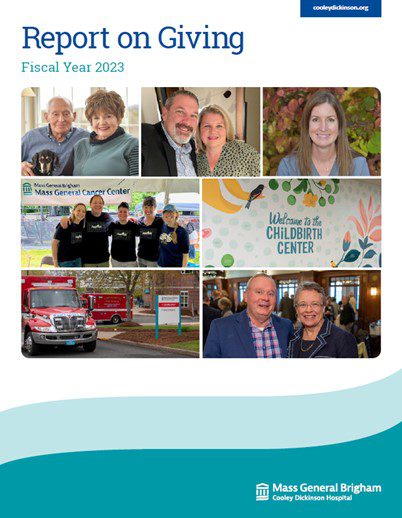“Massachusetts Millionaire’s Tax”
Massachusetts taxpayers are now subject to an additional 4% tax on the portion of their taxable income over $1 million. The Massachusetts personal income tax had been a flat rate of 5% on all taxable income. Beginning in 2023, taxable income in excess of $1 million is subject to a 9% state income tax. The effect can be substantial. An individual with $1.5 million in taxable income will pay an additional $20,000 in income taxes. At $10 million of taxable income, their income taxes will increase by $360,000.
Estimates are that the Millionaires Tax will affect fewer than 1% of Massachusetts taxpayers. Nonetheless, the impact of the tax can arise unexpectedly. For example, selling a home or a business could increase a taxpayer’s income above the $1 million threshold.
Several strategies may help a taxpayer avoid the Millionaire’s Tax.
- It may be possible for the taxpayer to spread the receipt of taxable income over multiple years, allowing them to remain below the $1 million threshold in any one year.
- Married couples may find it advantageous to file separate tax returns rather than filing jointly so that each taxpayer can take full advantage of the $1 million threshold.
- Another opportunity is to make charitable contributions that reduce taxable income below the $1 million threshold. That’s where the new Massachusetts charitable deduction comes into play.
Charitable deductions for Massachusetts taxpayers
Beginning this year, Massachusetts taxpayers are able to deduct contributions to public charities from their state taxable income. Unlike the Federal income tax charitable deduction, which is available only to those who itemize their deductions, the Massachusetts charitable deduction is also available to those who do not itemize on their federal tax return. Your contributions now can reduce your Massachusetts state income tax and, if you are subject to the Millionaire’s Tax, you can benefit from additional tax savings.


